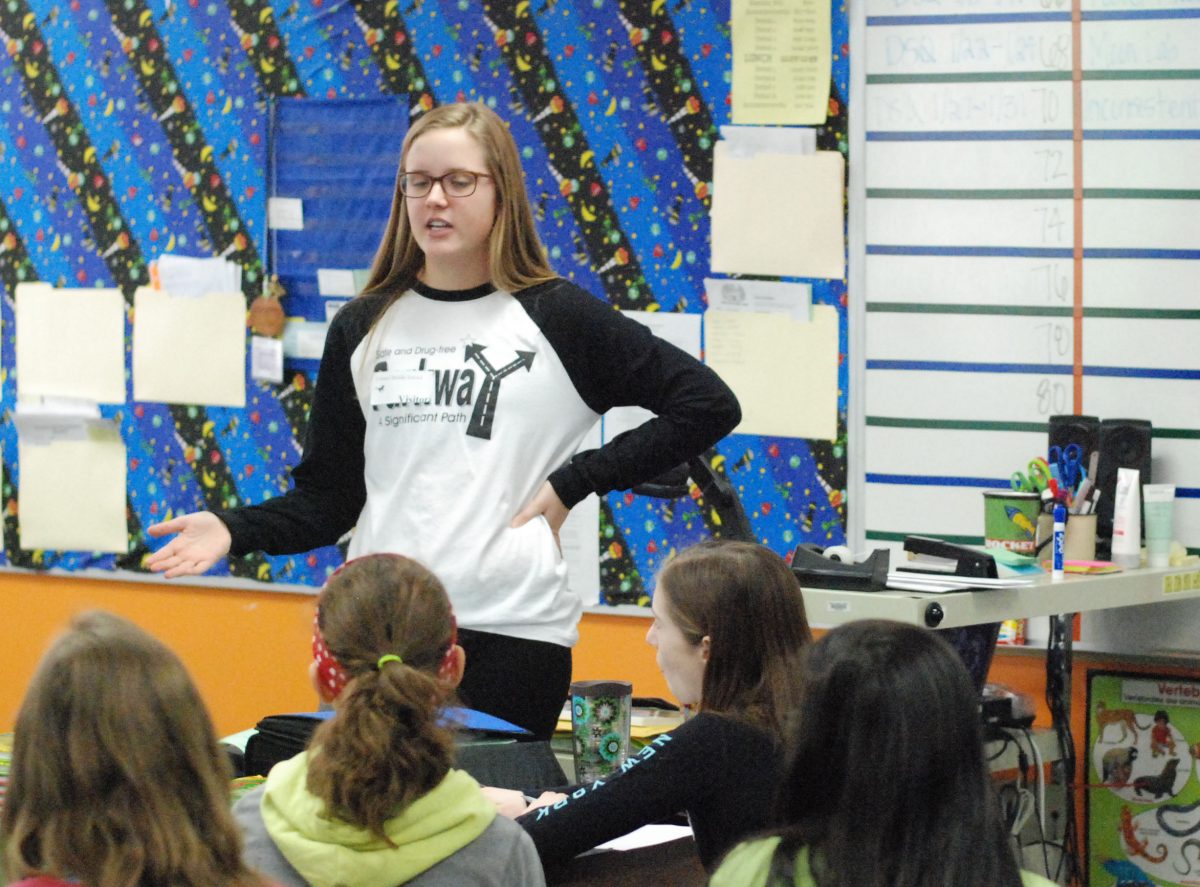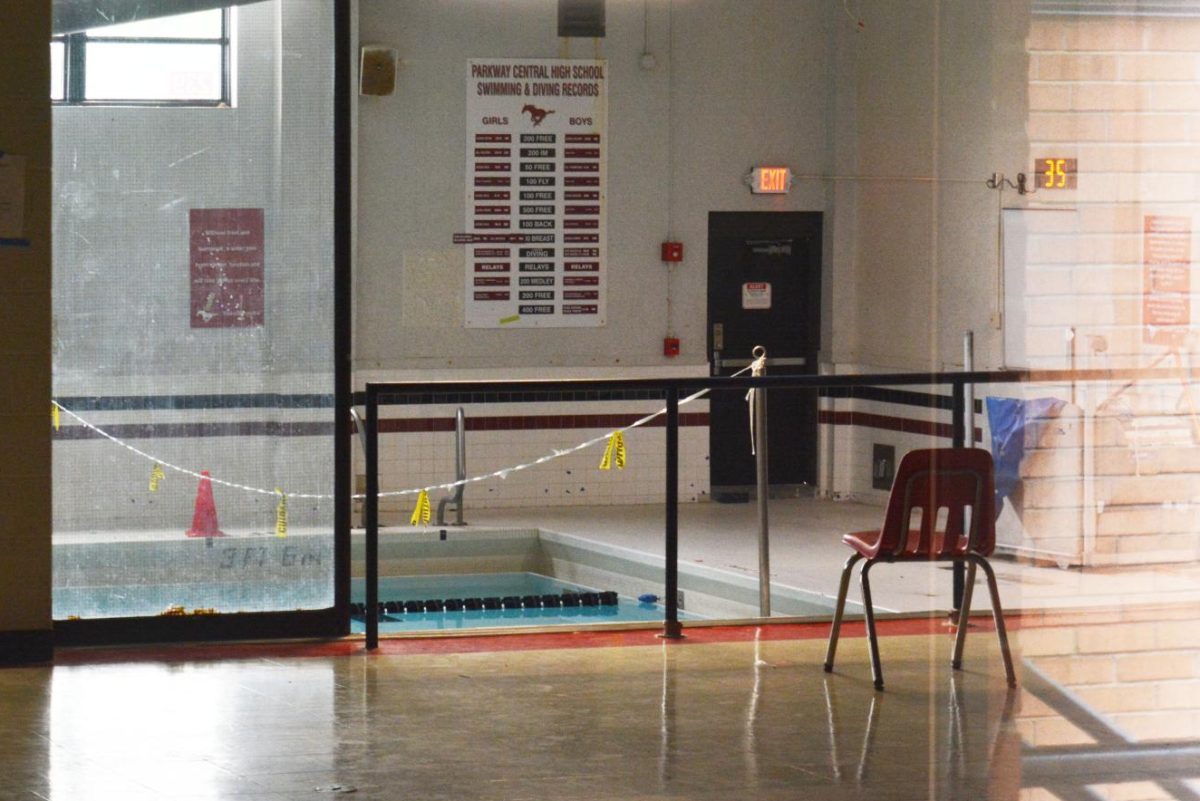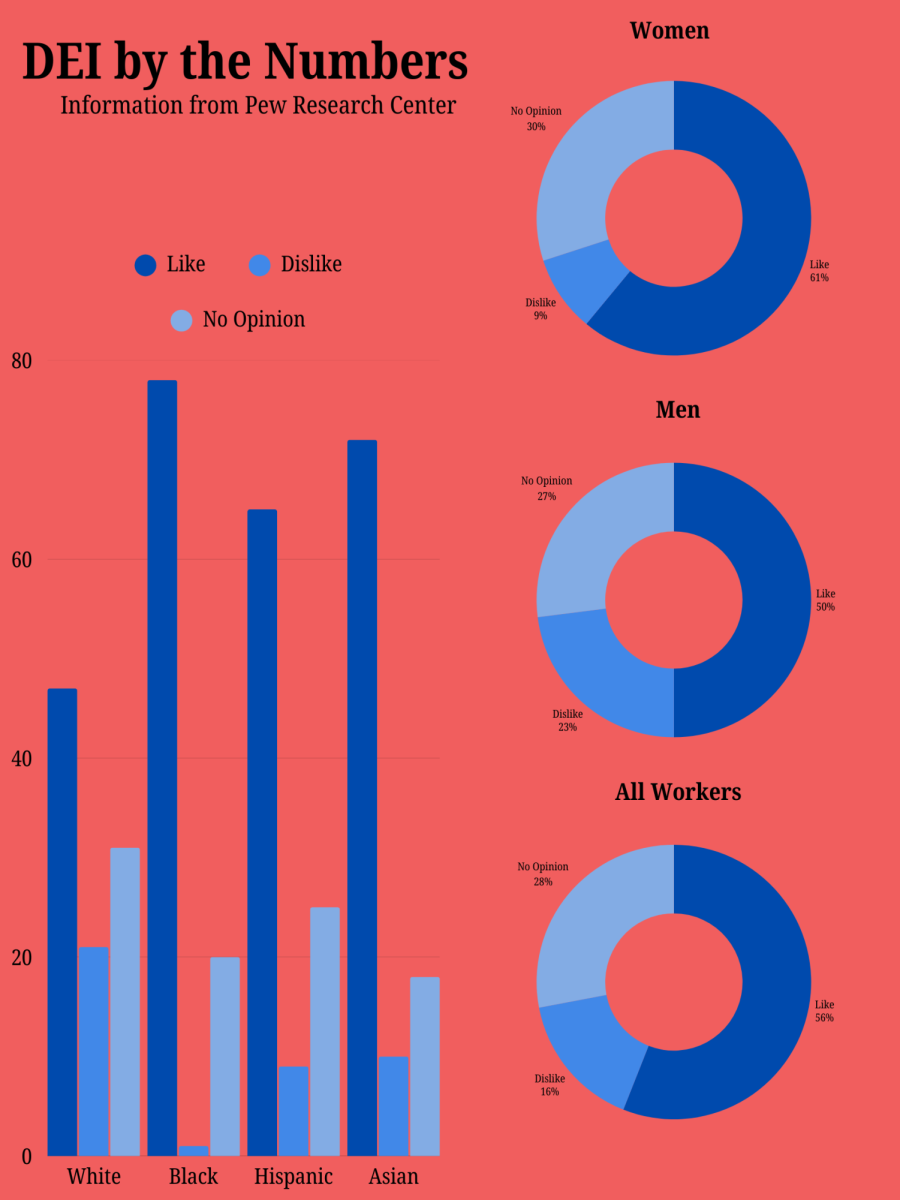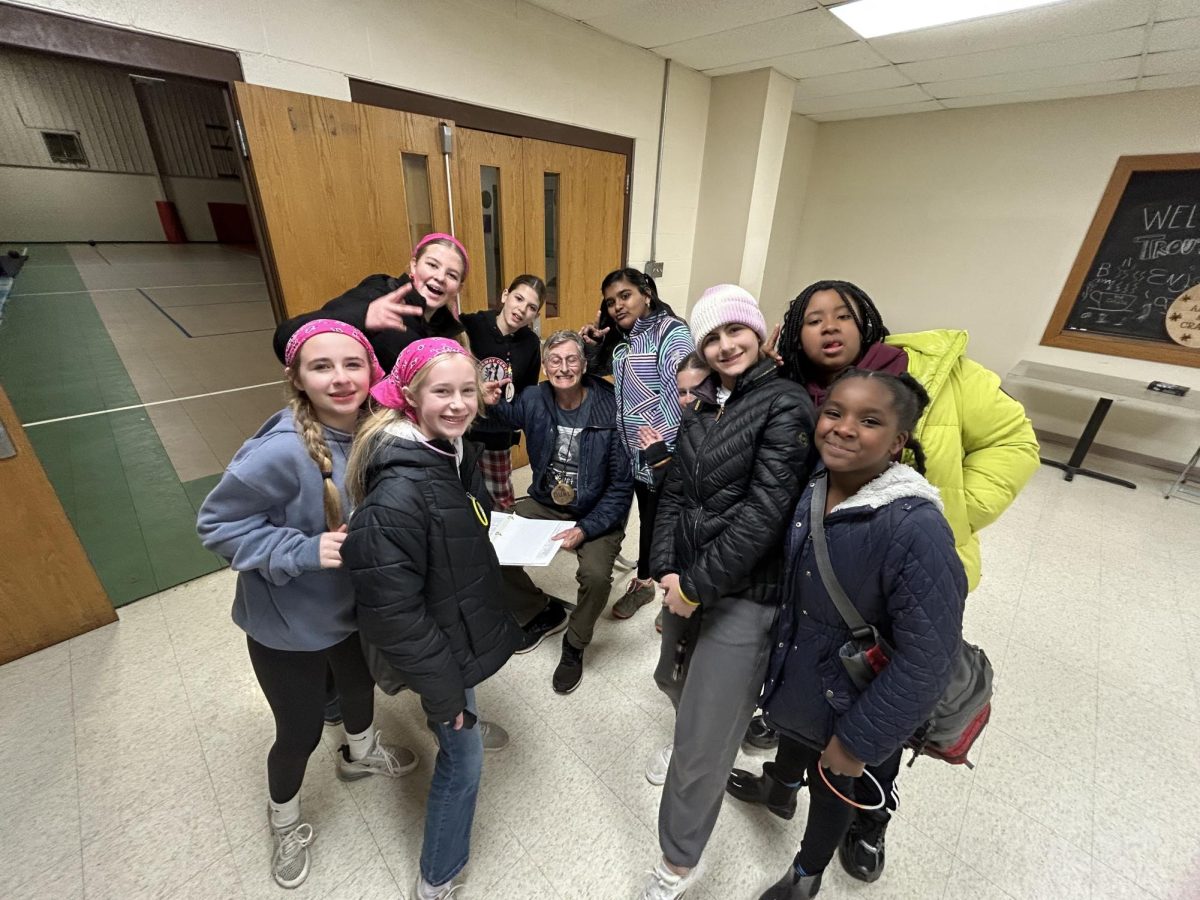The Peer Teaching program has led participants to miss hours of class, creating unanticipated problems with the snow days and change of class schedule.
The program aims to warn kids of the dangers of alcohol before they are placed in a situation involving underage drinking, but many students who believe in the program’s goals are still struggling to participate.
“I missed the morning on Wednesday and Thursday and for the next three weeks I will be missing class,” junior Jacqueline Ihnat said. “I have to find a way to try and make up all that work, and it is critical to talk with the teacher to try and make up all the work.”
Peer Teaching sponsor Terri O’Leary emphasizes that Peer Teachers were allowed to choose which classes they could miss on A days, based on what would be most convenient for their individual schedules.
“We let the Peer Teachers choose which time slots on a Google form based on their priorities,” O’Leary said. “Generally kids have gotten to teach during the times that they have chosen.”
Although the sponsors tried their best to accommodate to the students needs, the Peer Teachers will miss six days of class throughout the year for the program.
“I miss a lot of my classes and it is always the same class, so it’s difficult to make up the work,” senior Peer Teaching Executive Jonathan Hwang said.
The amount of time that is needed to fully commit to Peer Teaching has also led more than 10 students to drop out of the program entirely.
“I quit because it was too time consuming, and I’m taking hard classes so I really just didn’t have time to do it anymore,” senior Scott Coulson said.
Coulson was not the only Peer Teacher that had trouble managing the time commitment.
“I was too busy with other things, and I didn’t have time for it,” senior Shannon Long said.
Upon resigning from Peer Teaching, Long met with sponsors to discuss the implications.
“There were a lot of us in Psychology who were in Peer Teaching, and they sent an email to us that said we had to go talk to them and decide if we wanted to continue,” Long said. “So I went with a bigger group of people, and I was the only one said they weren’t going to keep doing it.”
Other former Peer Teachers communicated their decisions in a one-on-one meeting with O’Leary.
“With the responsible kids, they talked to us about the conflicts that they were having and we parted ways on good terms,” O’Leary said.
According to Coulson, not all of the meetings to discuss dropping out have ended peacefully.
“I just told the sponsors that I couldn’t do Peer Teaching anymore because I had a lot of schoolwork to do,” Coulson said. “They were really mad, but I couldn’t really say anything else about it.”
Another issue that Peer Teaching is dealing with comes in the one-day turnaround for learning the lessons.
“That was really strange; it’s OK because I did it last year, but for the people who have never done it before,” senior Zoë Wallis said. “Last year we had a week to prepare, make our poster and make our question boxes. We have to do that all in one night.”
Although Hwang agreed that the short notice took him by surprise, he believes that the issue should be resolved in the future.
“Everyone had short notice,” Hwang said. “We were taught the day before we had to teach. Now we know the upcoming schedule, so it shouldn’t be a problem anymore.”

O’Leary, however, believes that the information is best conveyed when the Peer Teachers remember details from their original lesson.
“We try to teach the kids as close to the day that they are teaching so it is fresh in their minds,” O’Leary said.
In addition to the logistics issues, some students are concerned that the program does not effectively reach its goals: to instruct students about alcohol prevention and character building.
“Connecting with the kids we are talking to is difficult because with the sophomore class in TryPOD they seemed uninterested in what we were teaching when we gave long lessons,” Long said.
Along with having trouble connecting with the younger kids, Coulson believes that Peer Teaching has not achieved its goal to limit underage drinking.
“It should prevent people from drinking, but I am afraid the effect is not there yet,” Coulson said. “We are just a nuisance in the classroom.”







